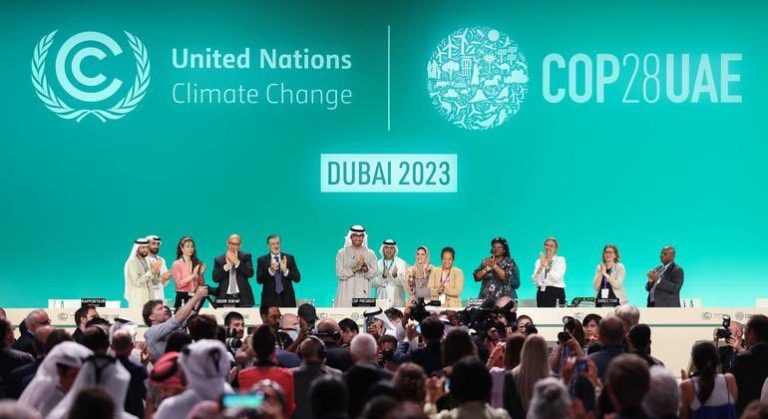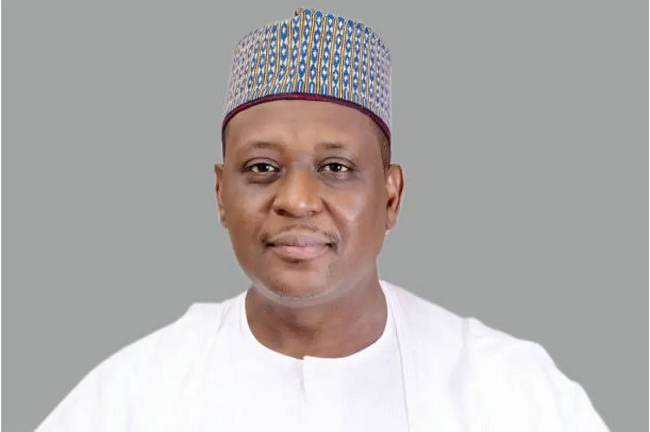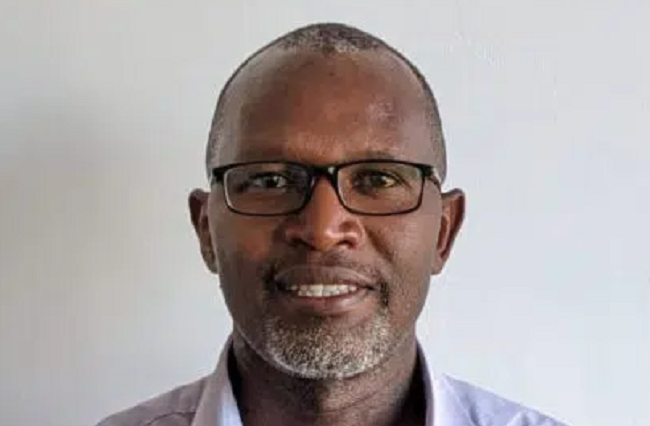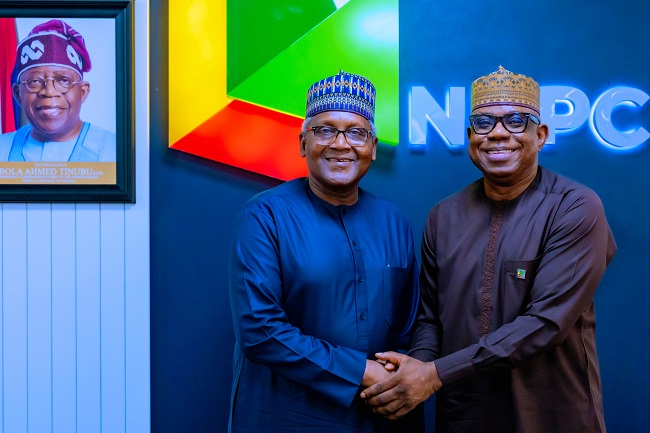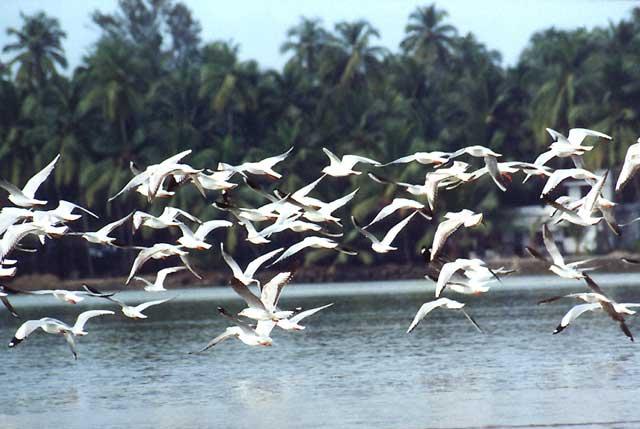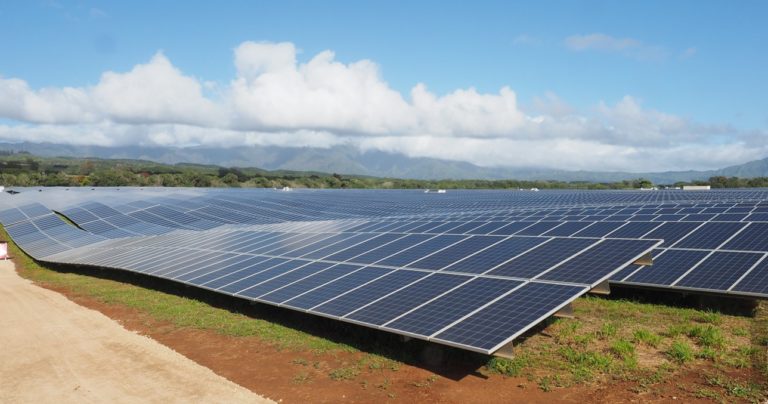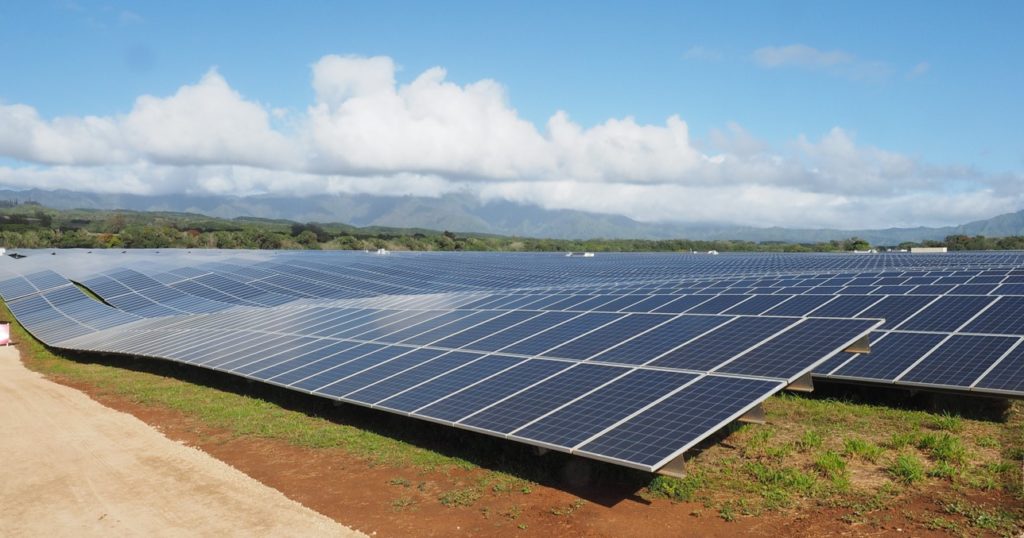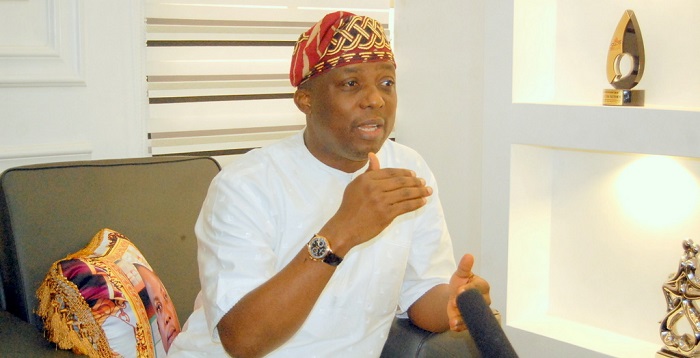Meeting the tripling renewable power capacity target agreed in the UAE Consensus requires urgent investment across the renewable energy landscape, encompassing renewable power capacity; energy efficiency and conservation; as well as grid and flexibility. This mammoth undertaking requires a cumulative investment of USD 31.5 trillion by the end of the decade.
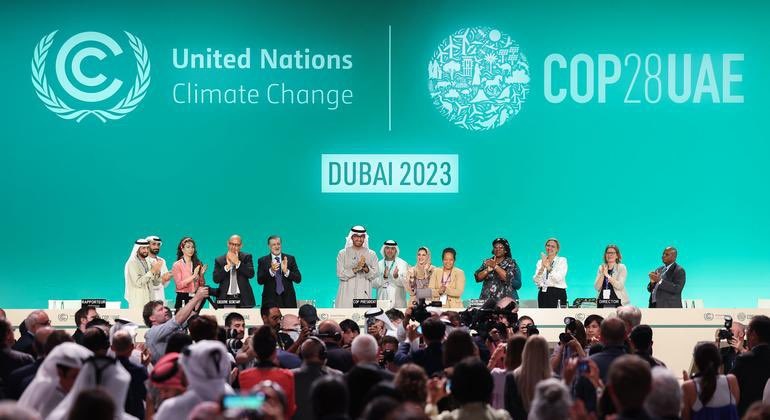
Currently, investment in renewable energy remains disproportionately concentrated. Only 10% of global investments in 2023 reached developing economies where nearly half of the world’s population resides, excluding major markets like Brazil, China, and India. The lack of investment in emerging markets and developing economies is primarily due to higher real and perceived risks in these markets and economies, such as currency volatility, macroeconomic instability, and policies uncertainty.
To tip the scale and address the persistent gaps, the International Renewable Energy Agency (IRENA) has been calling for stronger international cooperation to substantially increase the financial flows to the Global South. But reform must also be made in the way the international support is provided to these countries.
Recognising the limited public funds available in the developing world, governments and development partners should deploy these resources strategically, towards strengthening policy frameworks, enacting clear regulations, and providing risk-mitigation support, in order to build a pipeline of bankable, transition–oriented projects.
Clear, stable policies enable countries to create robust investment strategies, address potential risks, build investors’ confidence, and attract private capital. Integrated national energy planning strengthens investment environments by coordinating actions across sectors and stakeholders, aligning renewable energy with broader development goals, and signalling clear priorities that reduce uncertainty and enhance project predictability for investors. This, in turn, is key to unlocking investments for the energy transitions.
The Global Coalition for Energy Planning (GCEP) emerging from Brazil’s 2024 G20 presidency, aims to support this approach by providing platforms for knowledge sharing and investment decision-making. To be officially launched during the Energy Planning Summit in Rio de Janeiro in June 2025, GCEP seeks to address the critical investment gap in the energy transition through improved energy planning.
Another crucial approach to mobilising private investment involves risk mitigation. Aside from strengthening policy frameworks and integrating them with energy transition investments, governments play a key role in in attracting private sector’s investments by reducing investment risks. Through blended finance structures, for example, the public sector can strategically provide small amounts of concessional public capital to mitigate certain risks that private sector capital cannot yet absorb, and to ensure low costs of capital.
In the context of pressing energy needs, international financial support from the Global North must look beyond bankability. As it is already established that public fund in the Global South is limited, international support must seek to mobilise impact–driven capital, particularly in the form of low-cost concessional loans and grants, that do not further add to countries’ debt burdens.
Lastly, at the project level, support must be given to project developers who struggle to secure investments. Finance providers have strict eligibility criteria that mostly favour well-developed large-scale projects with minimum risks, which often are not the case in many developing countries.
With project facilitation interventions such as those provided by the Energy Transition Accelerator Financing Platform (ETAF), project developers can get a thorough understanding of the requirements and eligibility criteria for available funding. Project facilitation can help de-risk the projects and enhance their bankability, thus making them attractive to financiers.
To speed up the world’s progress towards 11.2 terawatts of renewable power capacity aligned with the UAE Consensus’ goal, all of the above efforts must not be done in isolation. Robust and integrated policy frameworks to reduce uncertainties and boost investors’ confidence; strategic use of public financing with the support of international cooperation; and tailored support to project developers to enhance their bankability, are all needed at the same time and in synergy.
Through these combined efforts, the Global South can pick up the pace of its energy transition and gain the transition’s wide benefits along with the Global North.

